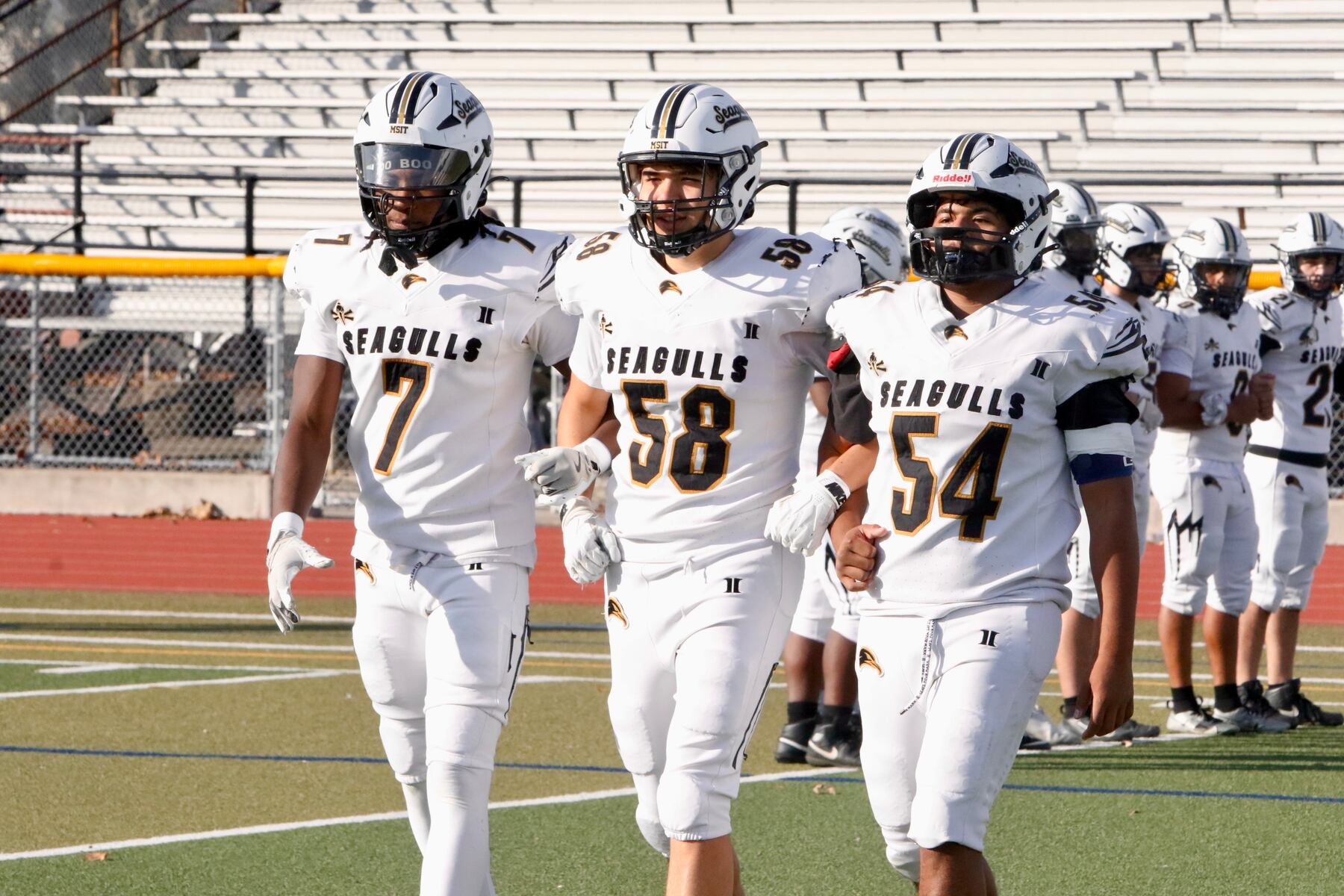DEVELOPING: A family dispute is escalating as a 14-year-old girl named Amy has chosen to use her stepdad’s last name while participating in the 4-H fair, sparking outrage among her biological grandparents. This decision, made for the second consecutive year, has led to dramatic consequences, including threats of withholding support and gifts from her grandparents.
The tension erupted after Amy’s grandparents expressed their hurt over her decision. They feel sidelined, stating, “Her stepfamily’s name is no more important than anyone else’s,” emphasizing that this situation is deeply personal. In response to her choice, they have announced they will withdraw their support for her 4-H activities, including birthday and Christmas gifts.
Amy’s biological father, who remains a significant figure in her life, has not taken a stand against her mother’s influence in this matter. The grandparents have voiced frustration over their son’s lack of assertiveness, pointing out that he has not defended his family name, which has led to an emotional divide.
“We were brought up to respect our family, and this is a slap in the face,” they lamented, highlighting the emotional weight behind their decision to impose consequences on Amy.
WHAT’S NEXT: Experts suggest that escalating tensions may require a more rational approach. Dear Abby advises the grandparents to engage in open discussions with Amy, rather than resorting to punitive measures that could damage their relationship permanently. Such a dialogue could reveal whether Amy’s choice is simply about aligning with her stepfamily or reflects deeper feelings regarding her identity.
This family saga, shared publicly through the advice column, poses questions about loyalty, identity, and the complexities of modern family dynamics. As the situation unfolds, many are left wondering how this will affect family relationships moving forward.
For those following this case, the implications are significant. It shines a light on the emotional struggles faced by blended families and the importance of communication in resolving conflicts. The broader conversation about family names and identity continues to resonate with many readers, drawing attention to the challenges of navigating family ties in today’s society.







